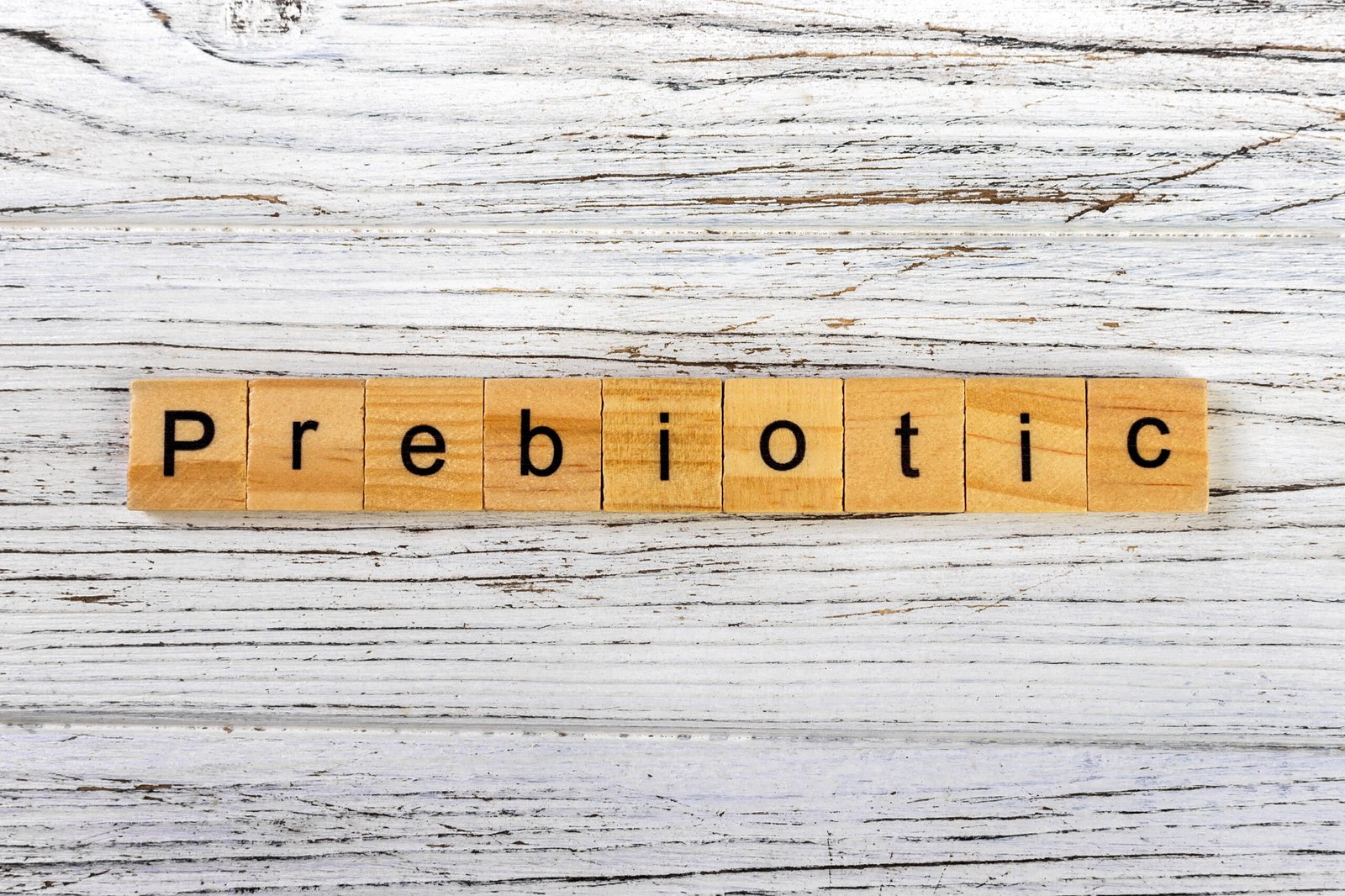In recent years, the significance of gut health has become a hot topic, not just for humans but also for our canine companions. At the heart of gut health lies the concept of prebiotics, an essential element in ensuring a balanced digestive system. Prebiotics are non-digestible fibers that promote the growth of beneficial bacteria in the gut, helping maintain a healthy digestive tract. Understanding the role and benefits of prebiotics can greatly enhance the wellness of dogs.
The Difference Between Probiotics and Prebiotics
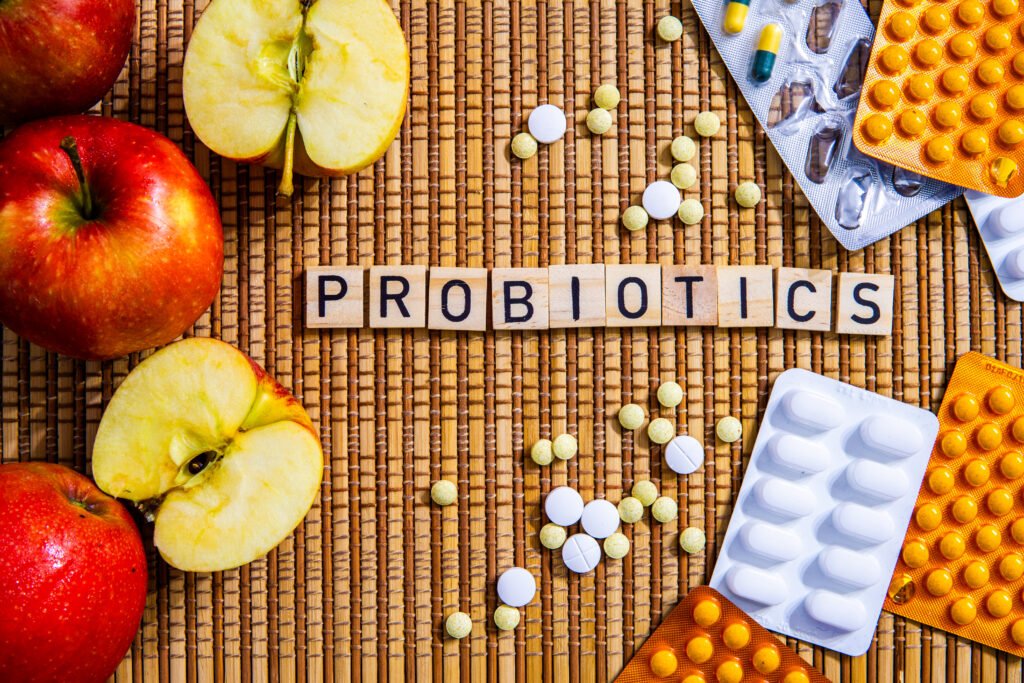
Before diving into natural sources of prebiotics, it is crucial to distinguish between probiotics and prebiotics. Probiotics are beneficial bacteria that inhabit the gut, while prebiotics are non-digestible fibers that feed these bacteria. Think of prebiotics as the fertilizer that helps the probiotic bacteria flourish. A balanced presence of both can lead to improved digestion and overall health for dogs.
Why Prebiotics Are Important for Dogs

Prebiotics play a pivotal role in enhancing a dog’s digestive health. They aid in nutrient absorption, bolster the immune system, and can help prevent gastrointestinal issues. By feeding the good bacteria in the gut, prebiotics help maintain a balanced microbiome which is crucial for overall health. Additionally, a healthy gut can lead to better weight management and improved energy levels in dogs.
Chicory Root: A Fiber-Rich Powerhouse

Rich in inulin, a type of soluble fiber, chicory root is one of the most potent natural sources of prebiotics. Inulin supports digestive health by promoting the growth of beneficial bacteria. It can be easily added to a dog’s diet, helping in better digestion and nutrient absorption. Making chicory root a part of your dog’s diet can offer multiple digestive health benefits.
Bananas: An Easy Snack with Prebiotic Benefits

Bananas are more than just a convenient snack for dogs; they are a great source of prebiotics due to their high fiber content. Rich in vitamins and minerals like potassium and vitamin C, bananas can support not only a dog’s digestive health but also its overall well-being. Given their natural sweetness, bananas can be easily added to homemade dog treats.
Oats: A Heart-Healthy Source of Prebiotics
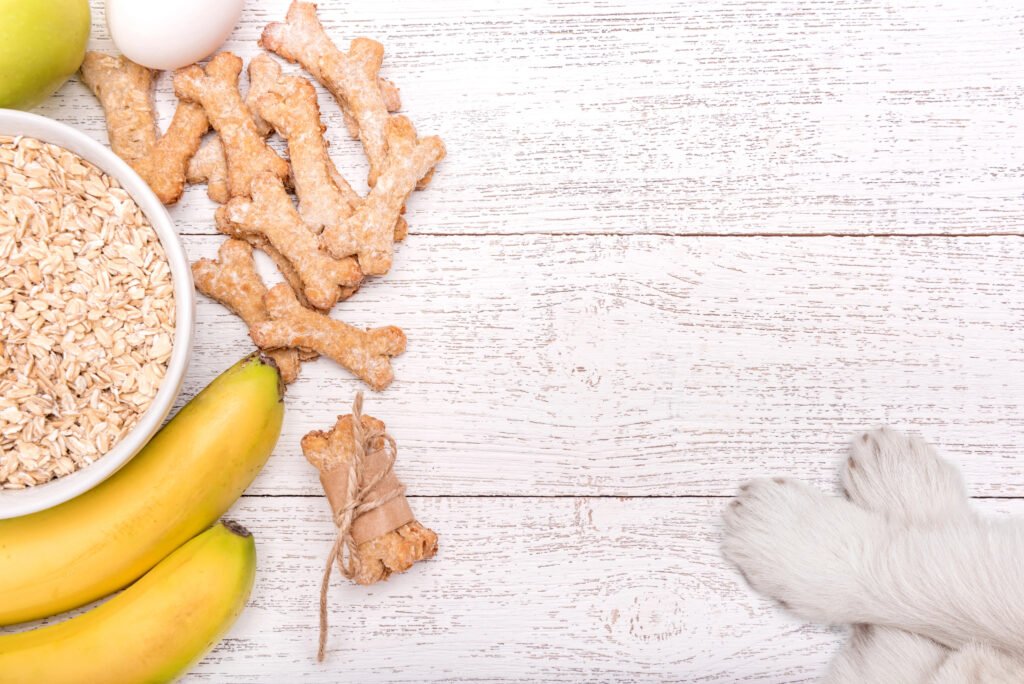
Oats are a whole grain that provides a significant amount of beta-glucan, a fiber with prebiotic properties. They can improve digestion and help maintain stable blood sugar levels. Oats are easily digested and can be a great addition to a dog’s diet, especially for those needing a heart-healthy option.
Apples: Crunchy and Full of Fiber
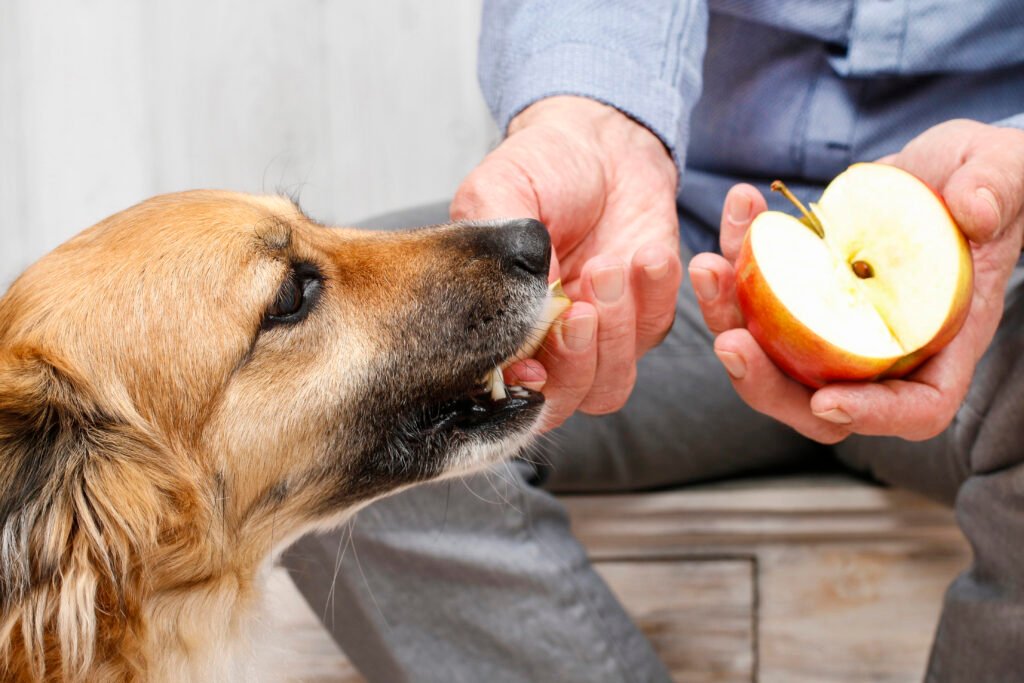
An apple a day could keep the veterinarian away, especially when considering their prebiotic benefits. Apples, particularly their skins, are high in pectin, a prebiotic fiber. They also contain antioxidants and vitamins essential for overall canine health. Just ensure the seeds and core are removed to prevent any potential health risks.
Jerusalem Artichokes: A Natural Inulin Source
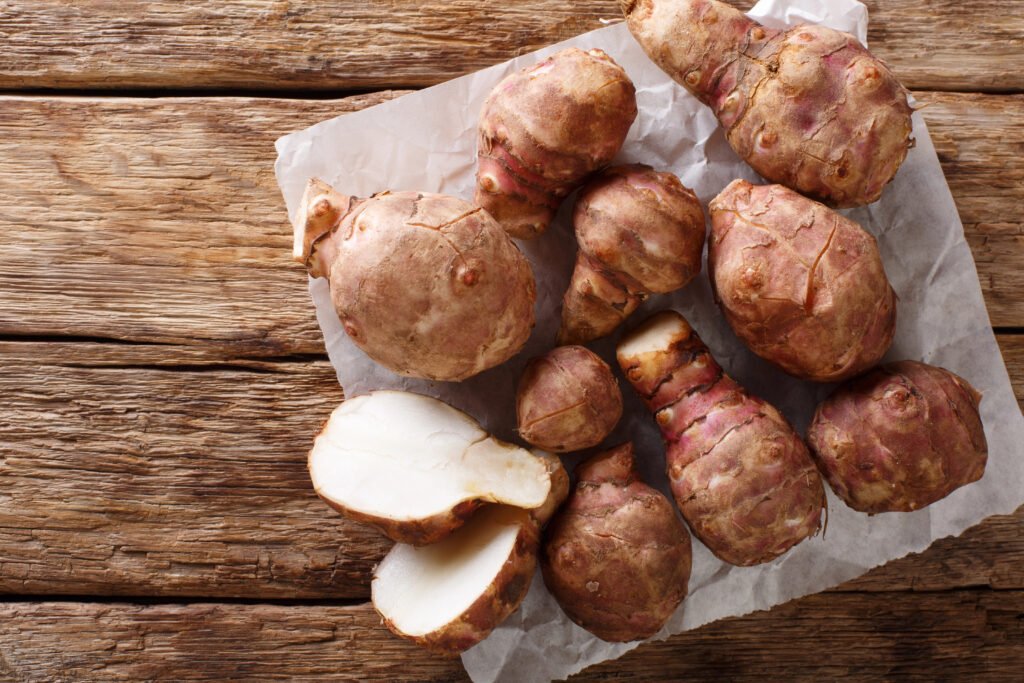
Also known as sunchokes, Jerusalem artichokes are a stellar source of inulin, aiding in digestion and boosting the immune system. These tubers can be cooked and mashed as an addition to your dog’s meal, offering an excellent natural way to support your dog’s gut health.
Asparagus: A Green Wonder for Digestion
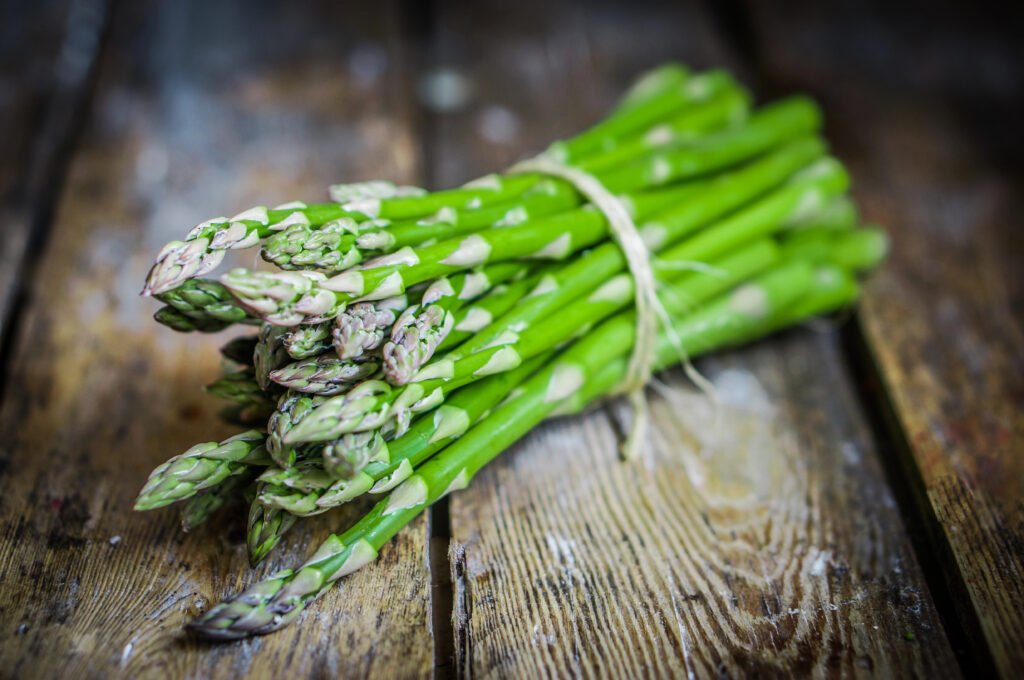
Asparagus isn’t just for humans; it’s also beneficial for dogs. This green vegetable is rich in vitamins, antioxidants, and prebiotic fibers. When cooked properly, asparagus can be a delicious healthy treat for dogs, aiding in digestion and keeping their gut flora well-balanced.
Psyllium Husk: A Focused Fiber Fix
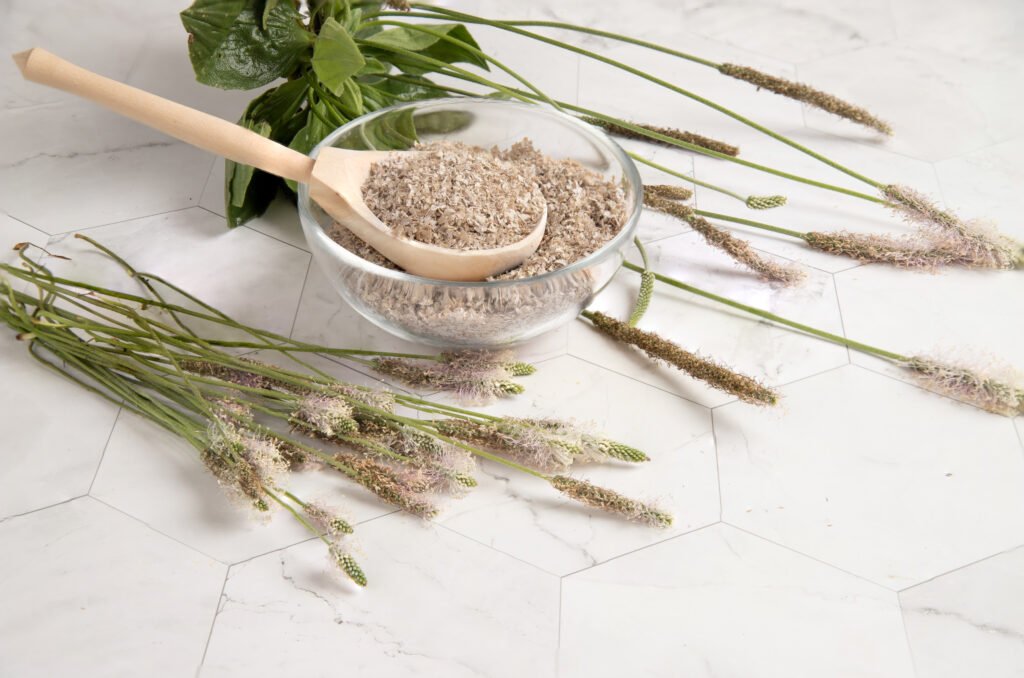
Psyllium husk is a form of fiber made from the husks of the Plantago ovata plant’s seeds. It’s not only a well-known solution for constipation but also a prebiotic that feeds gut bacteria. When adding psyllium husk to a dog’s diet, it is important to introduce it slowly and ensure they stay well-hydrated.
Barley: Wholesome and Beneficial
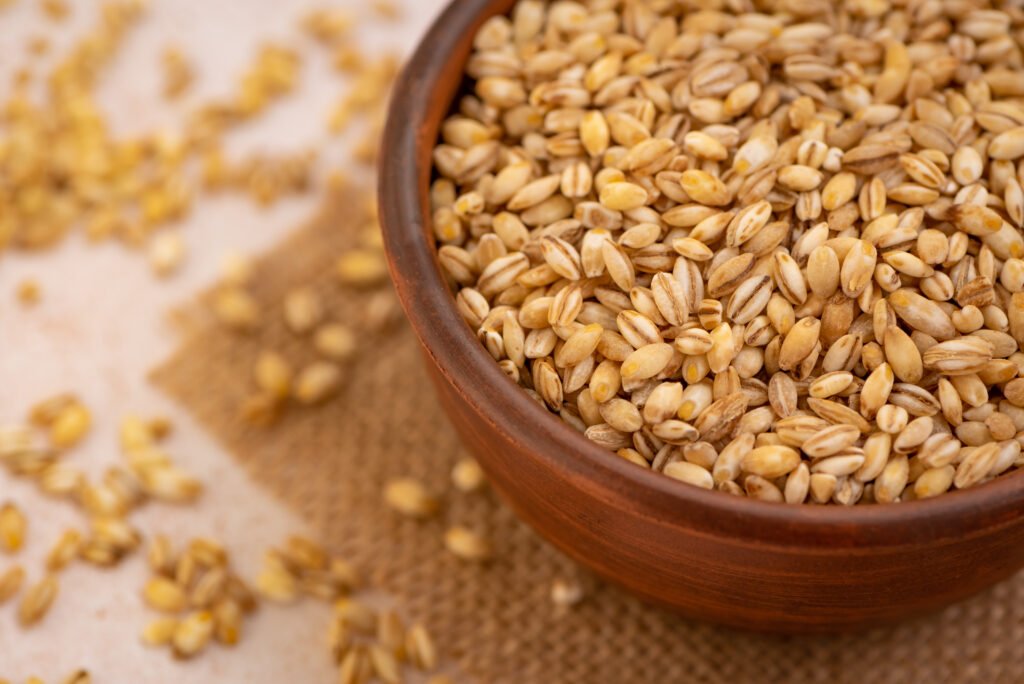
Barley, another whole grain, is rich in beta-glucan and prebiotic fibers. It can enhance the digestive health of dogs and aid in maintaining a healthy weight. Barley can be served cooked and is an easy addition to meals, complementing the regular diet of your furry friend.
Incorporating Prebiotics into Your Dog’s Diet

When considering the addition of prebiotics to a dog’s diet, it’s essential to start slowly and gradually increase the amount to avoid gastrointestinal upset. Always consult with a veterinarian before making significant dietary changes to ensure it aligns with your dog’s specific health needs. With a proper balance of prebiotics, your dog can enjoy better digestion, improved health, and overall well-being.
Achieving Optimal Health

Understanding and leveraging natural sources of prebiotics can play an integral part in achieving optimal health for your canine companion. By incorporating these foods wisely, you can ensure your dog enjoys a balanced diet that supports digestive health and overall vitality.

